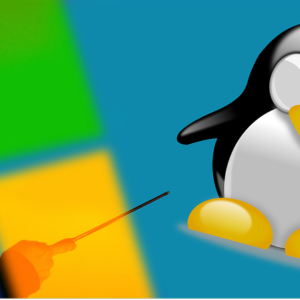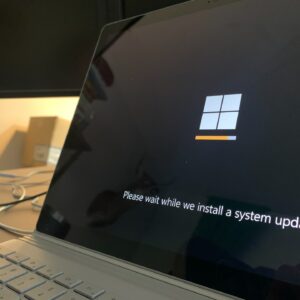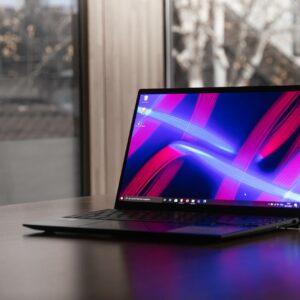Computers are a lot like people. They need an operating system to run their software, just as you need a brain to run your body and mind. But what exactly is an operating system? It’s the software that lets your computer do things like store files and run applications—the same way that your brain helps you do things like remember who you are and how to walk. And much like there are different types of brains, there are different types of operating systems too!
Most computers, smartphones, and tablets have an operating system
 An operating system, or OS for short, is a set of programs that allows a device to function.
An operating system, or OS for short, is a set of programs that allows a device to function.
It provides the necessary software to run your computer and allow you access to programs like word processors and web browsers.
OSs communicate with hardware components like your CPU and storage devices in order to execute tasks efficiently. This includes reading files from storage (like when you use Google Chrome) or writing files (like when saving a Word document). When you send an email on your phone, it’s the OS that sends it through WiFi or cellular service rather than using Bluetooth technology; likewise with photos or other media files.
The first operating systems were built in the 1960s
The first operating systems were built in the 1960s, but it was Alan Turing and Grace Hopper who created the first compiler. A compiler is a type of program that translates code written in one language into another (like English to Spanish), so you don’t have to learn how to read or write in machine code.
Grace Hopper didn’t just invent OS technology—she also coined the term “computer bug.”
There are different types of operating systems
 There are a lot of different types of operating systems. The most popular are MacOS, Windows, and Android. The most popular web-based operating systems are Linux and ChromeOS (although you may not know it thanks to Google’s marketing). Embedded systems like the ones that power your car or your television are also operating systems—usually proprietary ones available from only one company.
There are a lot of different types of operating systems. The most popular are MacOS, Windows, and Android. The most popular web-based operating systems are Linux and ChromeOS (although you may not know it thanks to Google’s marketing). Embedded systems like the ones that power your car or your television are also operating systems—usually proprietary ones available from only one company.
The good news is that it doesn’t matter what type of OS you’re using because we’ll be covering all of them in this article!
There are four major global operating systems
There are many OS’s available, but there are four major global operating systems, and they all differ.
- Windows
- Mac OS
- Android (and its variants)
- Linux
There are different versions of the major operating systems
There are different versions of the major operating systems. Most operating systems have different versions and each version has new features, so it’s important to make sure you have the right version for your computer. Most versions are free, but some require a license fee.
 Most operating systems have a version for mobile devices such as smartphones and tablets. They also have a desktop version that can be installed on any type of computer (desktop or laptop), but it may not work as well on laptops because they don’t usually include touchscreens like most mobile devices do.
Most operating systems have a version for mobile devices such as smartphones and tablets. They also have a desktop version that can be installed on any type of computer (desktop or laptop), but it may not work as well on laptops because they don’t usually include touchscreens like most mobile devices do.
Conclusion
Whether you want to learn more about operating systems or just want to know what they are, this article has all the information you need. It explains why they’re so important and how they work in different devices and programs. In the end, once you have all the necessary information, it is really up to you to see which one works best for you and suits your needs. Not all people share the same lifestyle, so don’t worry if your choice is different from what the majority of people would choose for themselves!





